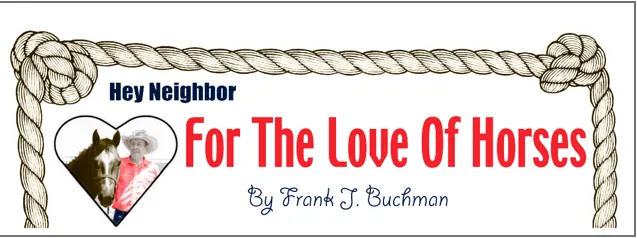The Pharisee stood and prayed thus with himself, “God, I thank thee, that I am not as other men are.” – Luke 18:11
Over the years I have offered this annual message, never have the months lurched forward with such sharpened elbows. Time and events no longer proceed or march on. They flail away. Insistent cries and shouts fly at us with ceaseless urgency.
But out of a measured inclination and without speaking for anyone else, I suspect most of us out here on the plains remain grateful. As the calendar draws down, we take stock of what is meaningful in our lives – the good and the bad, in hopes that the good is winning.
We underscore this hope even in the wake of more disaster, natural and man-made. Here we are again, praying for victims ‒ of murderous rampage, of war and famine, of great storms, of poverty and greed, of intolerance and neglect.
Why do we go on? How many know or care? That we are thankful at all is a wonder. And yet there are clues:
We can no longer give thanks that we don’t really know what terrorists are, or what war is like, or that fear and ignorance are for other people in other places. But we can still hope that our nation emerges from tragedy and grief with greater awareness of the dark that threatens our society.
We give thanks that our community remains financially stable, if not exactly strong, and determined to improve.
That sirens in our town are still a rare event. That we can go to work safely, on foot, or on bicycles if we like, and that when we do drive, we aren’t channeled bumper-to-bumper onto 80 mph freeways, or forced to fight long lines of stalled commuters. When we get there, parking is free.
That we have so many benefits − by way of television and computers and libraries − of the cities, but few of the blights, by way of porn or hustlers or muggers, or criminal gangs.
That we can care about what happens to the elders next door, and practice private charities, especially this season and generally year ‘round.
That we no longer worry about getting bigger and richer, having seen what an obsession with bigness and richness has done to other people and communities.
That we know our car mechanic and our letter carrier, our school teachers, and our city councilmen and councilwomen, and our police, and we don’t hesitate to talk it over with them when things seem out of hand, and that we extend a hand or pat a shoulder when things seem to be going well, and thanks to them.
That we want churches to be strong, that we still believe the Commandments and the Constitution.
That we have good schools and colleges with their promise for the next generations, and that we remain committed and determined to help them in every way.
That our community is brimming with people who believe no day is dismal, and a dull sky is as plausible as any other, and who embrace each morning with the brightness and suddenness of a hyacinth, even in February.
That the footings of our community, its heritage of abiding faith and a love of man, remain strong and inspire us yet.
While we are grateful, we must resist the temptation to give thanks that we are not as others.
That we do not pull into a little Midwest cocoon, trying to preserve what is best while trying to ignore elsewhere the horrors of poverty and racial hatred and religious bigotry.
That we confront political and business corruption, rather than ignore it, because it really is our concern.
In this community we may give thanks for what we have and for what we may be or would like to be, and then let’s add another prayer:
Of thanks that we know life is not going so well for many of the world’s billions; that we are diminished when savagery strikes the innocent and decent wherever they are; that we fear for all refugees of war and despotism; that we can still help when storms rage or when a great city goes to the wall, or when people in other lands fear for their lives and their future; and a prayer of thanks that we know we are not truly alone out here on a Kansas island.
We give thanks that we can still care, and not only for those around us. And that we strive not to be as the Pharisees. Gratitude becomes us. Gratitude rooted in smugness does not. We can truly be grateful if we realize that.
***




